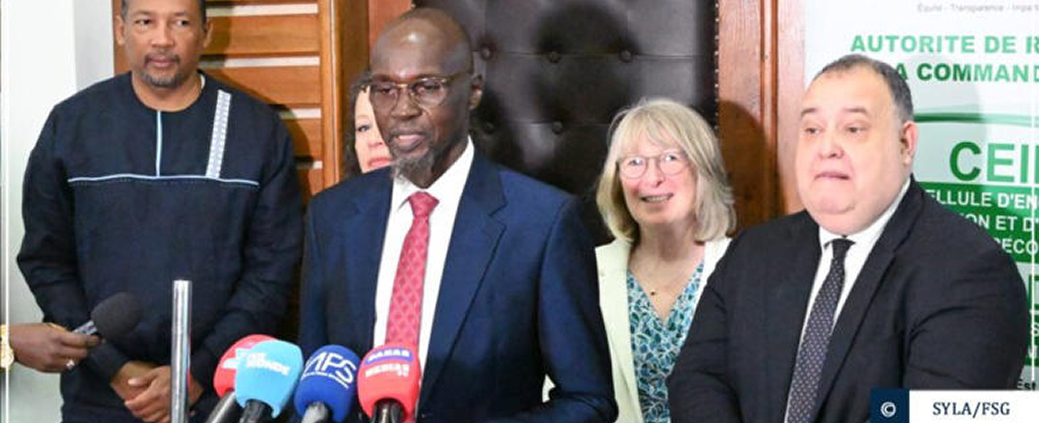SUSTAINABLE PUBLIC PROCUREMENT Why Senegal is focusing on sustainable public procurement.
For some time now, Senegal has been placing the emphasis on sustainable public procurement. According to Saër Seck, Director of Arcop Sénégal, the reason for this approach is that sustainable public procurement takes sustainable development, with economic, social and environmental considerations, into account. The new Public Procurement Code considers sustainable public procurement to be an objective to be respected by all contracting authorities and companies responsible for awarding public contracts,” he said at the opening of a training session on sustainable public procurement.
Dakar, avril 23 (APS) – Senegal favours sustainable public purchasing (SPP) in public procurementbecause it takes into account sustainable development, with economic, social and environmental considerations, Saër Niang, Director General of the Public Procurement Regulatory Authority (ARCOP), told reporters in Dakar on Tuesday. According to Mr Niang, the Senegalese public administration has already begun the transition to sustainable public procurement, with the help of ODAs.
The new Public Procurement Code considers sustainable public procurement to be an objective to be respected by all contracting authorities and companies responsible for awarding public contracts, he said at the opening of a training session on ODAs. The advantage of sustainable public procurement by businesses is that it “integrates economic, social and environmental considerations” into the awarding of contracts, according to Mr Niang.
Mr Niang added that “sustainable public procurement […] is based on three pillars, including the economic pillar, which guarantees privileged access for SMEs and players in the social economy to
public contracts”.
The social pillar promotes access to employment for women, young people and people living with disabilities, he added, noting the “essential” nature of the environmental component of ODAs. These make it easier for public authorities to pursue sustainable development objectives, according to ARCOP’s Managing Director. The DPA training course, which was addressed by Saër Niang, is funded by the World Bank. Experts from some twenty countries in West and Central Africa are taking part. It will continue until next Friday.
One of the aims of this training is to enable institutions responsible for public procurement to provide high-quality public services and infrastructure, according to ARCOP. Senegal’s public procurement system has undergone several evaluations over the past two decades. As a result, it is evolving rapidly”, emphasized Saér Niang. According to Mr Niang, the value of goods and services acquired through public procurement in Senegal is “close to 4,000 billion CFA francs” per year.
Pierre Xavier Bonneau, a World Bank official, was keen to point out that sustainable public procurement is neither a mere slogan nor a fashionable concept. They are becoming a key principle of governance”,he stressed. Sustainable procurement is at the heart of environmental, social and economic progress. Over the next few days, we will be talking about the importance of sustainable procurement, the practical steps you can take and the tools you can use to make it a reality’’, added Mr Bonneau.
According to Mr Bonneau, public procurement in West Africa accounts for around 11.5% of the gross domestic product of the countries in the region, with some 80 billion US dollars spent each year on goods and services.
ABD/ESF/ASG




